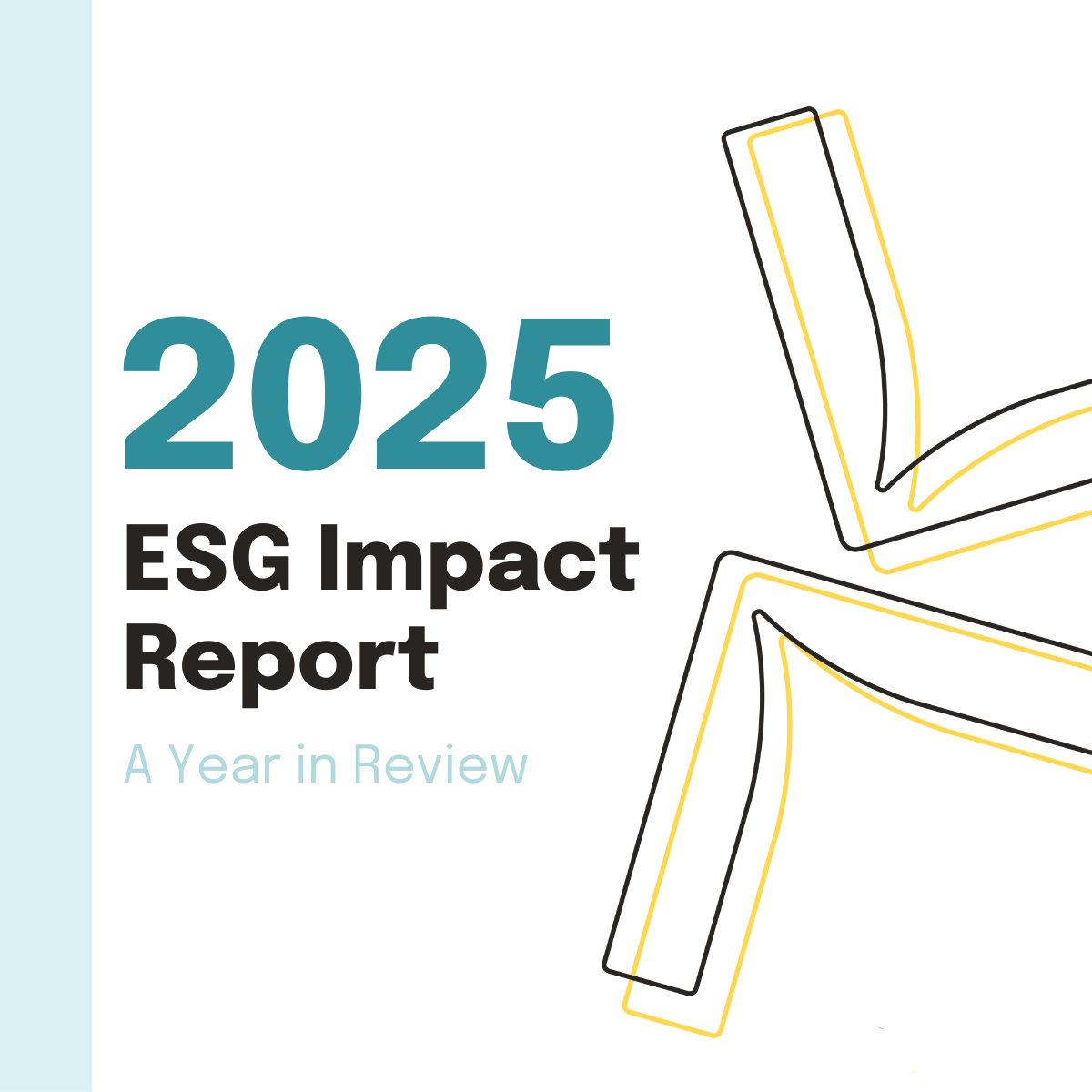Safeguard Mechanism
The government passed reforms to the Safeguard Mechanism (SGM) legislation. Find out what this means.

What’s happening?
Yesterday, the government passed reforms to the Safeguard Mechanism (SGM) legislation. Having reached agreement with the Australian Greens on Monday, reforms to the SGM are intended to introduce further transparency, integrity and ambition to the mechanism, including through introducing a hard cap on emissions for facilities that produce over 100,000 tonnes of greenhouse gas annually (215 facilities). The reforms provide a solid policy platform on which to build on in order to transform Australia’s industrial sector to be net-zero by 2050.
Introduced in 2016, the SGM aimed to regulate emissions of Australia’s largest emitters, however, received criticism for setting national limits higher than actual company emission outputs. The new reforms are set to correct this and enable those covered by the mechanism to reduce their emissions proportionate with Australia’s 43% target by 2030 under the Climate Change Act (2022) Cth.
The reformed mechanism will take effect from 1 July 2023 and covers a range of ‘hard to abate’ sectors, but does not cover the electricity sector.
Key improvements announced on Monday 27 March 2023:
- Hard cap to not exceed the conservatively estimated 1,233 million tonnes of CO2-e to 2030 of 100 million tonnes in 2030.
- Targeted Funding: At least $1 billion in funding for the manufacturing sector and trade-exposed industries through the Powering the Regions Fund, focused on decarbonisation.
- New baseline option for manufacturing: Differential treatment for hard-to-abate, value-added manufacturing including a different baseline decline rate.
- Carbon Leakage: The Government will commission a review to examine the feasibility of an Australian carbon border adjustment mechanism (CBAM).
- Barriers for Gas: New gas fields supplying existing LNG facilities will be treated as new facilities so that they are given international best practice baselines. In relation to the Beetaloo basin, all new gas entrants in the basin will required to have net zero scope 1 emissions from entry.
- Increased Transparency: Pollution trigger will require the relevant Minister of the day to assess new or expanding project’s impact on the hard cap and net carbon budget. The Minister would be required to take action (including seeking changes to the rules or legislation) if the scheme is not on track to meet the updated Objects of the Act (in particular the new ‘hard cap’ on emissions).
- Offsets: Companies required to justify use of offsets to the Clean Energy Regulator if used for more than 30% of their annual baseline.
Why does it matter?
The recent IPCC Synthesis Report emphasised that we not only need to make “deep, rapid and sustained” cuts this decade, but we need to make them in accordance with the right emissions pathways so that we avoid ‘locking in’ high-emitting infrastructure. The introduction of the hard cap and carbon budget will assist the government to meet its emissions reduction targets, but also better enable Australia to follow IPCC-aligned mitigation pathways in the resources and industrial sectors.
Companies covered by the mechanism should develop a comprehensive emissions reduction strategy that enables them to factor in climate risks, and also equips them to effectively and efficiently meet compliance obligations and take advantage of the opportunities available to them under the new mechanism, such as access to significant government funding and finance, and the ability to generate “Safeguard Mechanism Credits”, or create or purchase Australian Carbon Credit Units from offset projects.
Australia’s carbon market is set to grow significantly to enable the hard-to-abate sectors to meet their Safeguard compliance obligations in the near term, but also to assist the many other corporates with voluntary net zero targets. Carbon offsets have a valuable role to play where onsite reduction of emissions is not commercially available. It is pleasing to see that the Federal government is committed to implementing all the recommendations of the Chubb report, which will increase the integrity and transparency of the carbon market.




.svg)